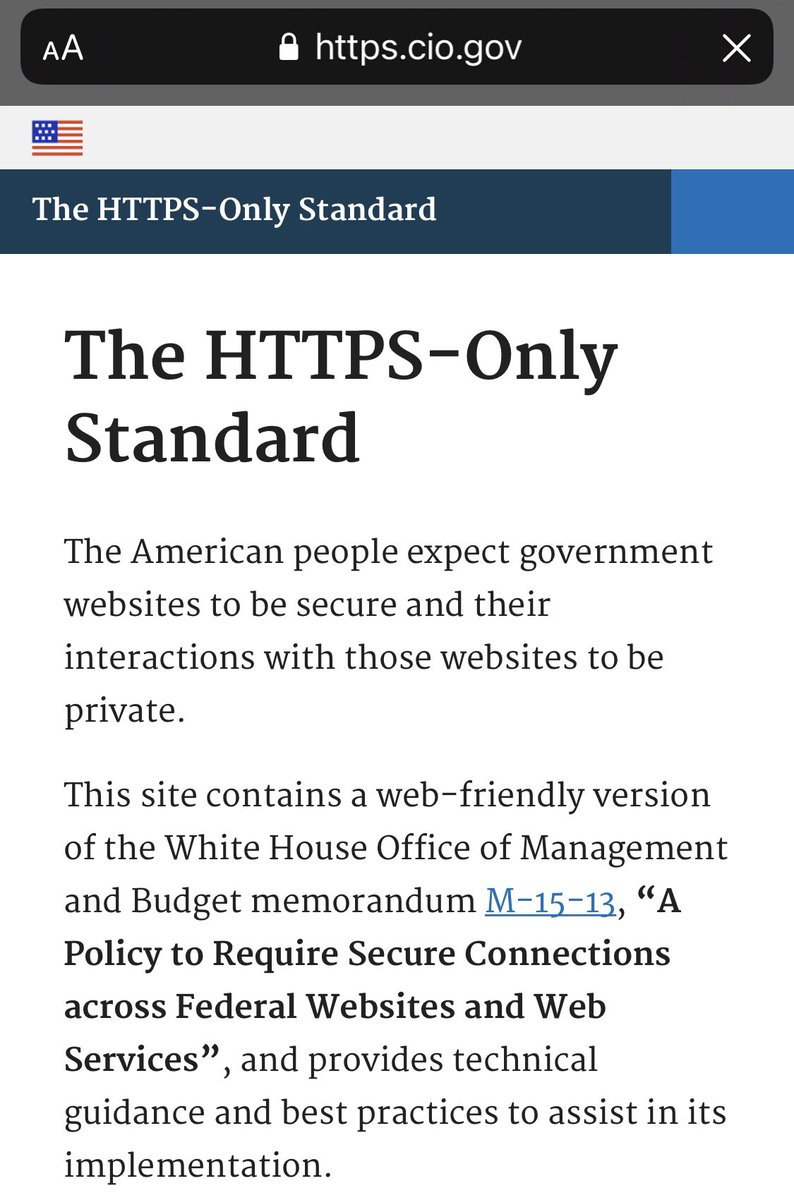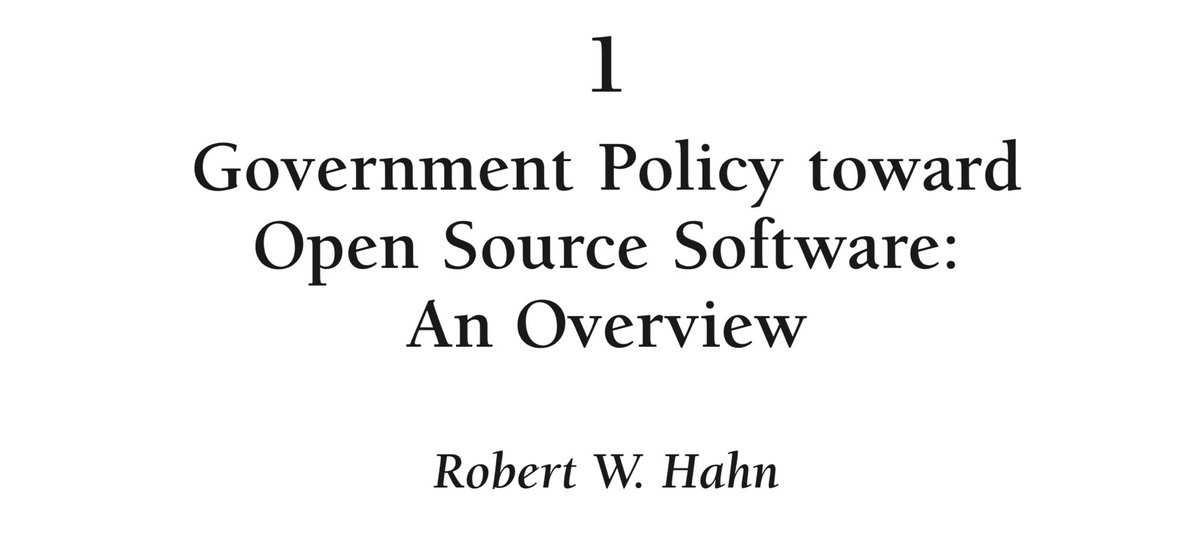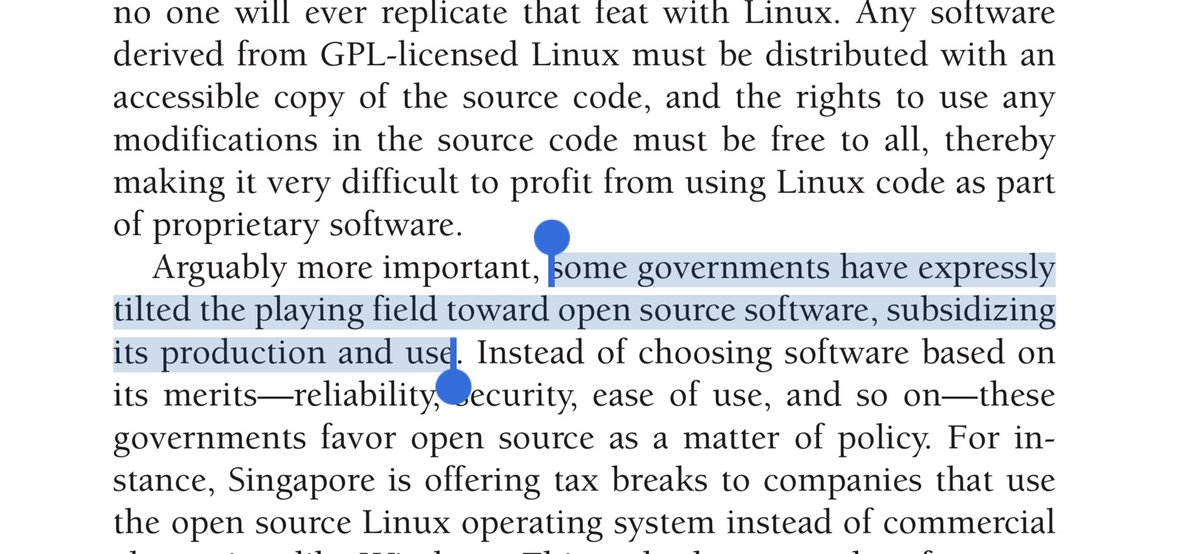
Thesis: the crypto version of any product ends up being far more valuable than the original.
Bitcoin is already more valuable than PayPal and will eventually be more valuable than gold.
And the various defi apps on Ethereum will be more valuable than their fintech cognates.
Bitcoin is already more valuable than PayPal and will eventually be more valuable than gold.
And the various defi apps on Ethereum will be more valuable than their fintech cognates.
I had this thesis long ago. It's still in the early stages of playing out, but here's why it should be true.
1) far better developer experience with open APIs
2) far better reach for a true protocol than a corporate product
3) far more token hodlers than traditional shareholders
1) far better developer experience with open APIs
2) far better reach for a true protocol than a corporate product
3) far more token hodlers than traditional shareholders
If you can make decentralized gold, wires, lending, borrowing, interest, derivatives, cap tables, or the like work...why would you *ever* use the corporate version?
It'd be like using Oracle over Postgres. You'd always pick the open version, if you can.
It'd be like using Oracle over Postgres. You'd always pick the open version, if you can.
https://twitter.com/balajis/status/1135263867246927872
The theoretical base of adoption for the decentralized version is thus far wider than for the corporate version.
And because crypto token now allows that to be converted into *monetization*, you can finance development too (eg with ZCash-style founder rewards or GitCoin, etc).
And because crypto token now allows that to be converted into *monetization*, you can finance development too (eg with ZCash-style founder rewards or GitCoin, etc).
Engineers will choose crypto APIs over corporate APIs in the same contexts & for the same reasons that they choose open source over closed source.
Technologically, blockchains now enable open state & open execution. That expands scope beyond open source.
Technologically, blockchains now enable open state & open execution. That expands scope beyond open source.
https://twitter.com/balajis/status/1065462749281435648?lang=en
• • •
Missing some Tweet in this thread? You can try to
force a refresh











